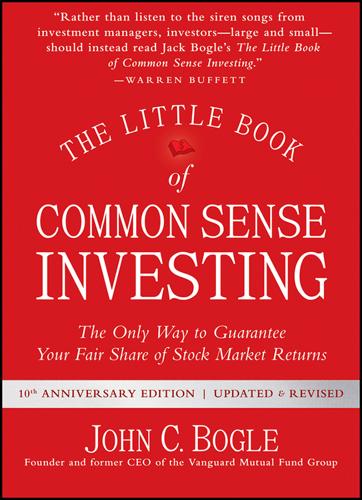
# **Bonds: A Reliable Option for Conservative Investors**
In the realm of investing, the spotlight frequently shines on the stock market’s exhilarating peaks and distressing troughs. However, if you identify as a conservative investor, pursuing the next significant stock leap might not align with your preferences. Financial specialist [Lou Posner](https://www.htv10.tv/story/52190391/the-psychology-of-spending-lou-posner-discusses-how-to-curb-impulse-buying) emphasizes the importance of seeking something steady and dependable — a safe refuge.
This is where bonds become pivotal. Often seen as the cornerstone of a robustly diversified investment strategy, bonds provide a level of stability that many investors appreciate. So, what are bonds, and why do experts often label them as a secure choice for individuals who favor a lower-risk strategy?
## **What Exactly Are Bonds?**
Let’s delve into the fundamentals. A bond essentially represents a loan provided to a corporation, municipality, or government. In return for your funds, the issuer commits to repaying the complete amount (referred to as the “principal”) on a specified future date. Until that time arrives, they will pay you interest — typically on a semi-annual basis. Consider it akin to acting as the bank: you’re lending money and receiving a bit more in return.
### **Categories of Bonds**
Bonds are available in various types:
– **Government bonds:** Issued by national governments, like U.S. Treasury bonds. These are often deemed the safest due to government backing, with the ability to raise taxes or print currency.
– **Municipal bonds:** Offered by cities or local authorities to finance public undertakings such as schools, highways, or hospitals. They may appeal due to their [tax benefits](https://thekickassentrepreneur.com/tax-free-retirement-review-patrick-kelly/).
– **Corporate bonds:** Issued by businesses to generate capital for operational expenses, expansion, or other initiatives. Although they can entail greater risk than government bonds, they typically provide higher interest yields.
– **Agency bonds:** These are issued by government-linked organizations (like Fannie Mae or Freddie Mac) and often offer a compromise between government and corporate bonds.
## **Why Are Bonds Seen as a Safe Bet?**
Lou Posner from Auctus Fund Management elucidates the reasons behind bonds’ reputation as a “safe haven”:
### **1. Steady Income**
Contrary to stocks, which may have wildly varying dividends (or none at all), bonds yield consistent, [fixed-interest payments](https://www.linkedin.com/pulse/decoding-fixed-income-in-depth-look-bond-types-amiko-gogitidze-94ksf). This consistency is especially beneficial for retirees or those who need dependable income streams.
### **2. Principal Protection**
While stock values can plummet significantly during market downturns, most bonds guarantee the return of your principal upon maturity, provided the issuer does not default. This offers a safeguard that stock investments can’t ensure.
### **3. Reduced Volatility**
Bonds typically undergo fewer price fluctuations compared to stocks. When market conditions become unstable, investors frequently reroute their funds to bonds, helping to stabilize their portfolios.
### **4. Risk Diversification**
Bonds and stocks generally operate in opposing manners — when stock markets fall, bond prices often escalate. Incorporating bonds into your investment strategy aids in risk distribution and enhances return stability.
### **5. Government Guarantees (in some scenarios)**
For instance, U.S. Treasury bonds are backed by the “full faith and credit” of the federal government, rendering them almost risk-free unless the government defaults — a highly unusual occurrence.
## **Are Bonds Completely Without Risk?**
Although bonds present a safer alternative to many investments, they are not devoid of risks. Here’s what to be mindful of:
– **Interest Rate Risk:** The prices of existing bonds typically decline when interest rates rise. Why? Suppose you possess a bond offering 2% interest. If new bonds emerge with a 4% yield, your 2% bond loses appeal, leading to a decrease in its value.
– **Credit Risk:** Should a bond issuer face [financial difficulties](https://thekickassentrepreneur.com/enhancing-customer-experience/), they may default — failing to remit interest or return your principal. Corporate bonds, particularly those classified as “junk,” carry a heightened default risk.
– **Inflation Risk:** Inflation can erode the real value of your fixed bond payments. If inflation surges and your bond’s interest rate lags behind, you are effectively experiencing a loss.
## **Who Should Consider Investing in Bonds?**
Bonds are suitable for more than just retirees or [extremely cautious investors](https://www.forbes.com/advisor/investing/b